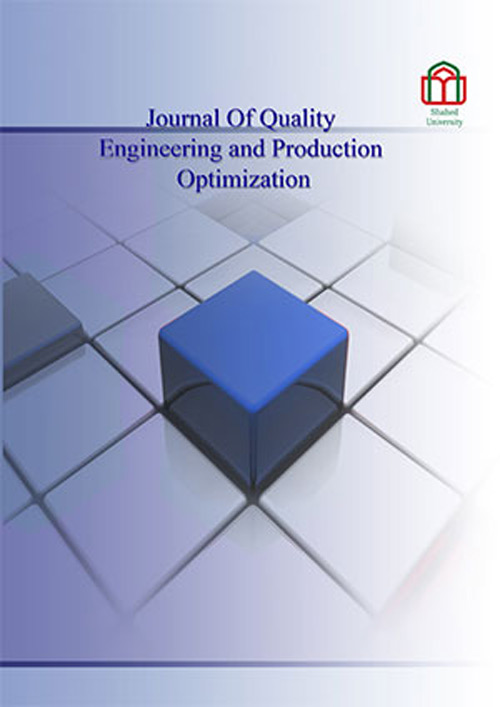An Integrating Machine Learning Algorithm and Simulation Method for Improving Software Project Management: A Case Study
Project managers analyze the factors that affected projects' success, signifying performing a project within the scopes (Time, Quality, and cost) defined in the initial step. The implication of each factor on project success is essential since several of them have been specified in this area. Employing all of them is not feasible, and it may impose outrageous expenses on the organizations. Therefore, this article aims to identify the factors that impact project accomplishment and pinpoint the most contributing factors to facilitate the project's implementation. The main contribution of this paper is representing a framework by combining Machine Learning algorithms and simulation models to detect the effectiveness of leading organizational factors on project accomplishment, beneficially leading to extracting the accurate analysis. A logistic regression algorithm was employed to build a predictive model. The predictive model was created based on independent variables to predict whether the software project would be successful or fail. Also, Gamification was determined as the most influential factor on the objective by the Logistic regression feature importance method. Then, Gamified and non-Gamified models were compared by the Simulation method and showed Gamification made a 36.26% improvement in the rojects cycle time and a 15% enhancement in the quality of employers' performance by decreasing the projects' bugs. For validating the simulation results, some projects were implemented in the real case study, and the model results clarified the Gamification potential in improving employee engagement leading to better work progress tracking and higher performance quality.
-
Launch strategies for newly developed short life cycle products
*, Alireza Taheri-Moghadam, Jafar Razmi, Ataallah Taleizadeh
Scientia Iranica, Nov-Dec 2024 -
Designing a Two-Stage D-optimal Approach for Selecting Components of Flexible Manufacturing Systems
Nima Pasha, , Seyyed Hosein Razavi Haji Agha *
Journal of Industrial Management,



